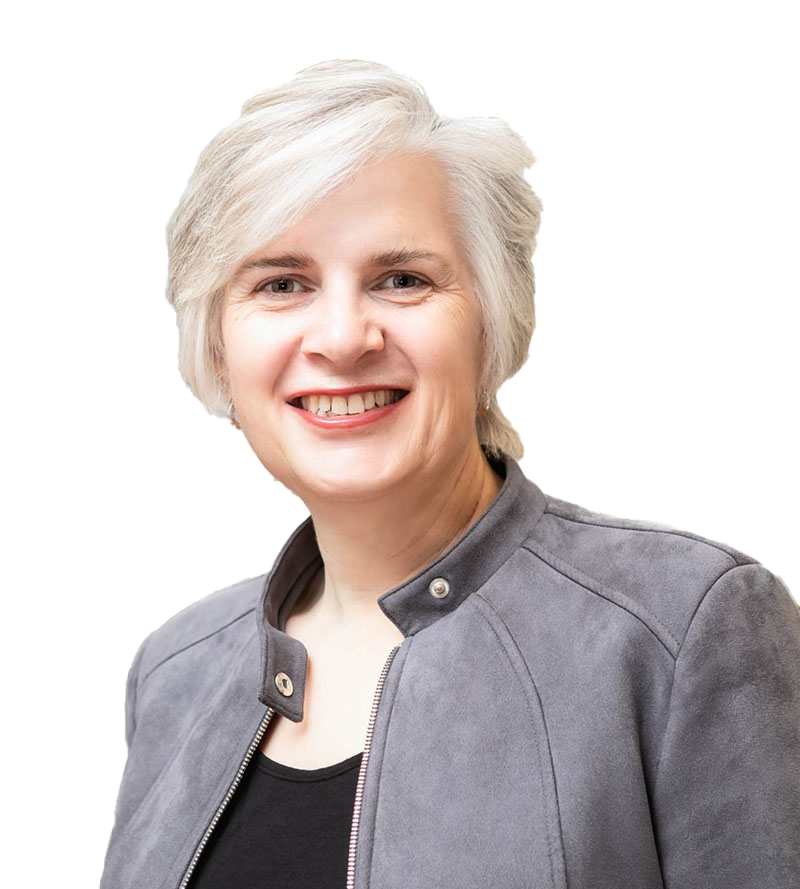Jacki Jenuth Partner and COO

My Backstory
From my humble beginnings as a child raised by immigrants (arriving in Canada with only a suitcase in hand at the age of 20 years in the early 1950’s) from war-torn central Europe I learned very early a lot about what it takes to survive and prosper when starting on a shoestring. I’ve always been curious and have had a knack for all things technical. In my early teens, at a time when there was no such thing as a personal computer, I would spend copious hours on weekends playing with and programing mini computers (perhaps typical for a shy, more introverted kid) and tinkering with mechanical things like cars). I also had a fascination with how technologies become products for the masses – but was far too shy and did not have the network to help guide me with this innate passion. Ultimately, perhaps somewhat randomly, I decided to enter a biology program convinced I would go into medicine. After some time exploring the field through volunteering, I decided to turn my curiosity toward a PhD, and subsequent post-doctoral studies at McGill. Not convinced academic research was my ultimate passion I moved into the industry and joined a bioinformatics startup right at the start of the first wave of the genomics revolution. While venture-backed, the company ultimately failed post the 2000 crash, but the learnings were immense. Through a connection of my former CEO, I was introduced to the predecessor of Lumira where I took on an operating role to create the firm’s back-end data analytics and computing infrastructure. Post the management buy-out I was recruited to take on additional investment roles with a focus on neuroscience.
“Passion drives the soul.”
What Drives Me Today
I get to work with technology at the forefront of healthcare and IT innovation with passionate teams and individuals with a tenacity that is electric. This gets me up in the morning every day knowing that something I do will contribute to making a real change in this world. Working in my first company in the 1990s as the genomics revolution was starting to unfold, we had great ideas for gathering copious amount of …omics and biological data combined with the outstanding research in the world but the tools were just not powerful enough. Today that’s all changed, as a function of advances in all areas of our understanding of biological systems through new computational tools, big data, and AI. Today we are living through another major shift in the technological landscape which will afford us the opportunity to develop new products to manage or perhaps even cure diseases and deliver healthcare on a global scale which we’ve never seen before. I’m in a fortunate position to work with and mentor passionate entrepreneurs to help move the needle on some of these innovative technologies. It’s fantastic.